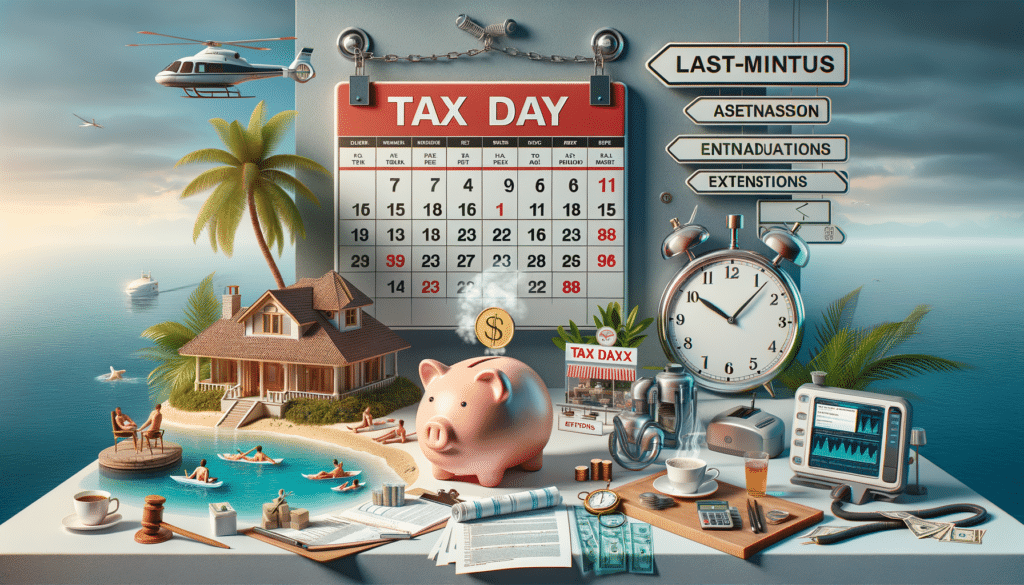Tax Day Hacks for Last Minute Filers
As Tax Day approaches, many find themselves scrambling to get their documents in order. If you’re racing against the clock, here are some practical hacks to help you file efficiently and accurately. First, gather all necessary documents such as W-2s, 1099s, and receipts for deductions. Create a checklist to ensure nothing is overlooked. Technology can be your ally; consider using tax software to streamline the process. These programs often come with step-by-step guides and error-checking features that can save you time and reduce stress.
Another useful tip is to double-check your information before submission. Errors can lead to processing delays or even audits. If you’re unsure about certain deductions or credits, consult reliable online resources or a tax professional. Remember, filing electronically can expedite your return and reduce the chances of mistakes. Most importantly, don’t forget to breathe and take breaks if you need them. A clear mind will help you avoid errors and complete your filing more efficiently.
What to Do If You Can’t Pay Taxes
Finding yourself unable to pay your taxes can be daunting, but it’s important to know that you have options. The IRS offers several solutions for those who can’t pay their full tax bill immediately. One option is to apply for a short-term payment plan if you believe you can pay the amount within 120 days. This plan usually doesn’t incur additional fees, though interest and penalties may still apply.
For longer-term solutions, consider an installment agreement. This allows you to pay your tax debt over a more extended period, making it more manageable. Additionally, if you’re facing financial hardship, you might qualify for an Offer in Compromise, which lets you settle your tax debt for less than the full amount owed. Remember, the key is to communicate with the IRS rather than ignore the problem. Proactively addressing your situation can prevent further penalties and interest.
How to Avoid Tax Day Stress
Stress during Tax Day is common, but it doesn’t have to be inevitable. One effective way to reduce anxiety is to start your preparation early. Organize your financial documents throughout the year to avoid last-minute chaos. Set reminders for important tax-related deadlines, so you’re always ahead of schedule. Consider creating a dedicated folder for all tax documents, both physical and digital, to keep everything easily accessible.
Another way to alleviate stress is to educate yourself on tax laws and changes. Understanding what’s expected can reduce uncertainty and empower you to make informed decisions. If you find the process overwhelming, hiring a tax professional can be a worthwhile investment. They can provide expert guidance and ensure your taxes are filed correctly. Lastly, practice self-care during tax season. Ensure you’re getting enough rest, eating well, and taking breaks to clear your mind. A healthy body and mind can significantly reduce stress and improve your ability to handle Tax Day challenges.


